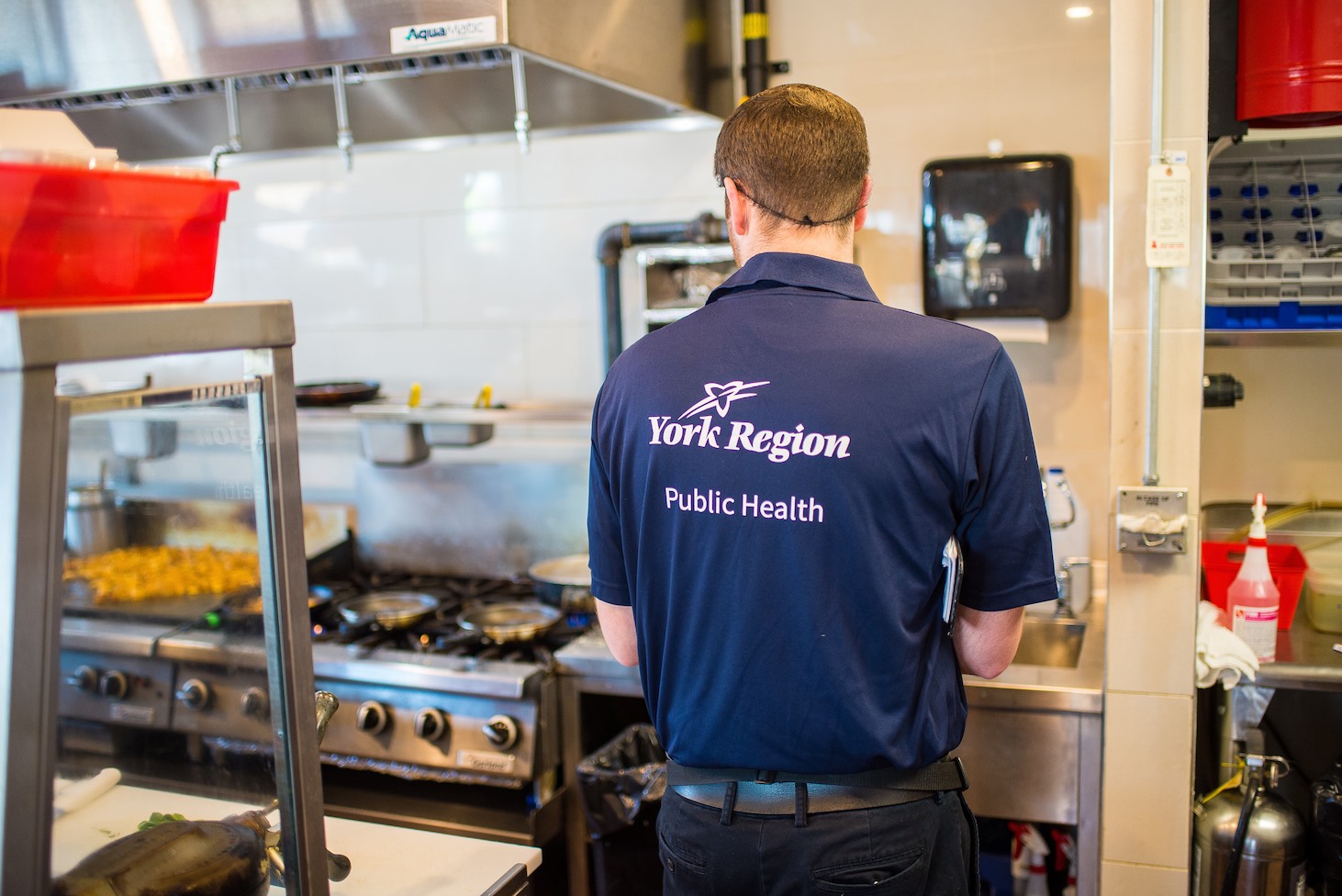TORONTO — Meals security professionals have been inspired to have a “stocktaking second” throughout the opening session of the Worldwide Affiliation for Meals Safety (IAFP) symposium right here.
Delivering the Ivan Parkin lecture, Sarah Cahill, a long-time IAFP member and senior meals requirements officer on the Codex Alimentarius Fee, stated individuals ought to take the time to have a look at issues by means of a special lens contemplating the various new challenges to meals security, to see if sufficient is being executed.
These challenges embody local weather change, new meals sources and manufacturing methods, meals waste, meals availability, and cell-based meals. A few of these areas haven’t been checked out by way of meals customary setting earlier than.
It’s the first time the occasion has been held in Canada since 2006. About 3,100 attendees from 58 international locations are anticipated, which is greater than 2022 in Pittsburgh, PA.
Cahill’s discuss coated the drivers behind meals requirements, their improvement, their affect and a glance to the long run.
“Everybody within the room is aware of the significance of why now we have requirements however regardless of setting requirements we nonetheless run into issues. If we’re to achieve success, we have to get everybody on board, irrespective of their position within the provide chain. Meals security continues to be a bit blurry for some. If somebody wants a goal by way of meals security, requirements present place to start out and permit individuals to arrange a framework to make sure meals is protected,” she stated.
Requirements are a part of all of our lives, whether or not it’s the requirements we anticipate the services and products we use to stick to, or the requirements we set for ourselves, in line with Cahill.
Tons of of pointers and codes of follow, and 1000’s of quantitative requirements like most ranges for contaminants and meals components, and most residue limits for pesticides and veterinary medication in meals have been developed with the assistance of Codex.
Making certain an ordinary is used
If the science is obtainable, requirements might be developed when wanted, particularly in response to meals security crises. An ordinary for melamine in meals or the code of follow to attenuate the chance posed by Cronobacter in powdered toddler method are examples from Codex.
There are 5 key components to constructing a helpful and profitable customary: readability, engagement, the science, the anticipated final result and having persistence, stated Cahill.
“Science is prime to setting requirements however there are events the place even science doesn’t get us throughout the road. I’m positive you’ve all heard, if you wish to transfer quick, transfer alone however if you wish to transfer far, transfer collectively. We will set a great deal of requirements however they have to be carried out and there are an entire new set of challenges related to implementation,” she stated.
Requirements present a foundation for addressing challenges however don’t work by themselves. One other factor to contemplate is the broader context of digitalization, as not everyone seems to be on the identical degree, added Cahill.
This yr is the sixtieth anniversary of the Codex Alimentarius Fee and Jose Emilio Esteban, USDA Underneath Secretary for Meals Security, and former chair of the Codex Committee on Meals Hygiene, was one of many presenters at an occasion earlier this month in Geneva marking the milestone.

